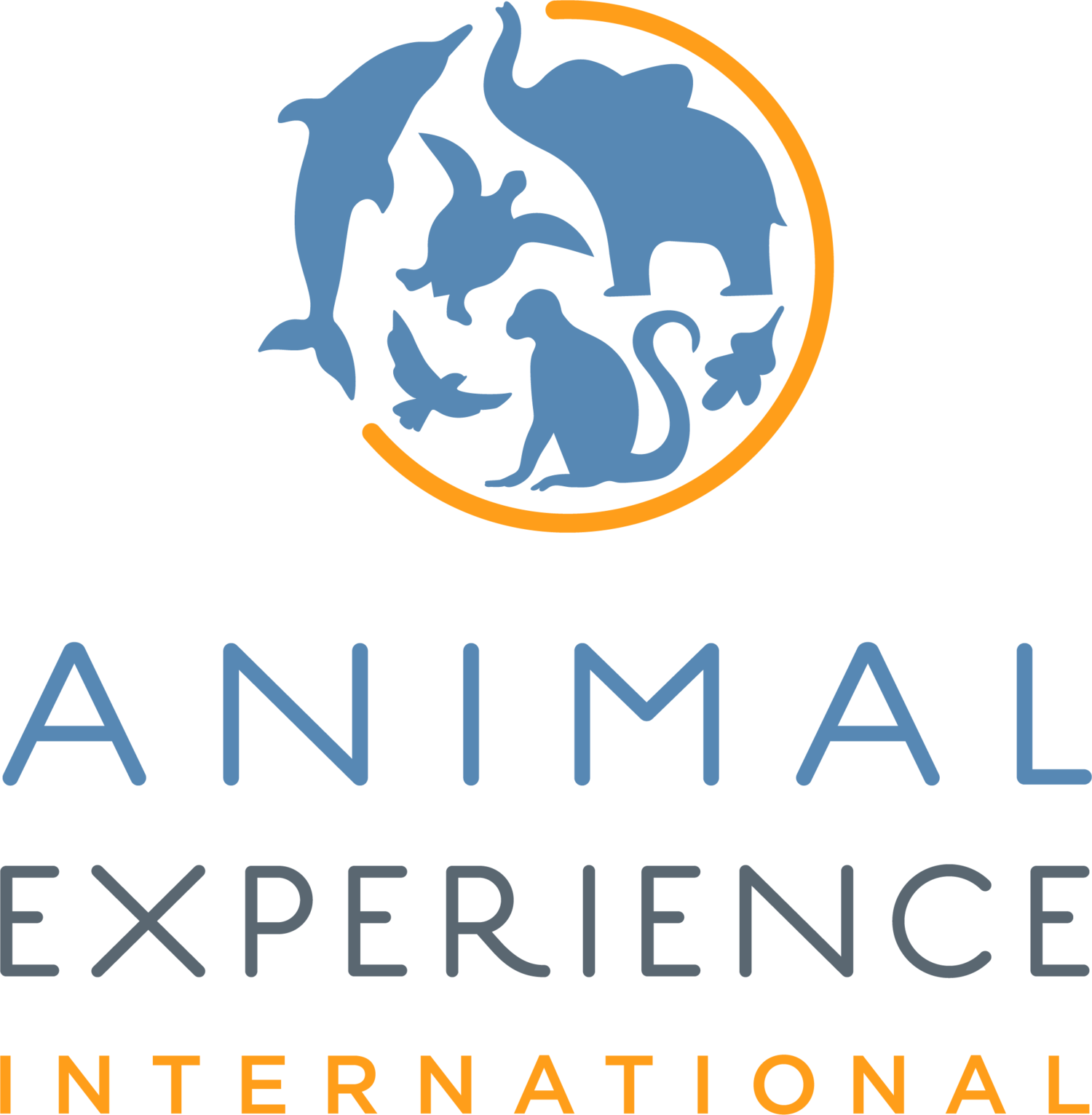Sustainable and authentic change is rarely quick and easy. It is achieved through many small and often difficult steps. AEI aims to improve the lives of animals around the world and support the local communities of our partner organizations while empowering people to travel in an ethical and meaningful way. But truly, AEI's real goal is to not be needed. We want to live in a world where the conservation of species isn't just a consideration of people and countries, it's a top priority. We want animal welfare laws to be so strict and wide-reaching that no animals - wild or domestic, are exploited by people. But we realise we are not going to get there next year, or the year after. Real change takes time.
This means we celebrate the small accomplishments and get comfortable living in transitions, not in binary change. If we don't celebrate small achievements, we will never get to those big wins!
Our dog rescue and animal welfare partner in Nepal works with the local government to address the overpopulation and health needs of community dogs. The government solution had been to reduce their numbers through culling, which involved leaving poisoned food out, killing owned, domestic and feral dogs, and other animals indiscriminately. Instead, our partner now provides vaccinations and mass sterilization campaigns that have successfully controlled the dog population and improved their health. What do we want? No dogs to be hurt ever again, of course. However, we celebrate the small victory of having some communities in Nepal safe from culls, and the lives of many dogs saved. This small step - a community agreeing to follow evidence based scientific methods for canine population control, will hopefully lead us to a complete ban on culls and poisoning.
In Thailand, elephants are still exploited - a lot, by tourists. Elephants are wild animals, they have never been domesticated so for many reasons having them around humans is incredibly cruel. It is unforgivable that they are "broken" in crush cages as young elephants, that they literally break their backs when tourists ride them, and that male elephants' legs often become badly infected and sore when they are chained to keep tourists safe for pictures. What needs to happen eventually? All elephants should have no contact with humans and be completely left alone to live in large protected areas to keep them out of trouble and to keep humans from bothering them and getting hurt. But currently, this is not a possibility. While many protected areas exist in Thailand, there are many elephants who cannot be brought immediately to a wild area because they need veterinary care, psychological help and protection from poachers. This means there are still centres, our partners included, that offer elephants sanctuary and care. Volunteers are able to interact with some elephants in this way, helping to provide the elephants with environmental enrichment and supplemental food. Centres used to say that elephants could be ridden but the small victory was having no chains. Then all ethical centres banned people riding on elephants. Some centres allowed swimming with the elephants but after studies showed the harm and potential danger to both elephants and people, ethical centres also banned this practice. A small step towards elephants living in freedom, but a deeply important one. We celebrate that our partner in Thailand is taking steps towards the ultimate goal for these elephants - a life free and safe without human contact. Until then we will know how deeply privileged we are to have any consensual interaction with an elephant, especially one who is at a sanctuary to heal from a viscous and cruel chapter of their life.
Wherever the lives of people and wild animals intersect, problems are created that inevitably impact wildlife in a negative way. Wild spaces are being lost, polluted, divided and controlled by humans. It seems no place on earth is safe. Our partner in South Africa studies and protects sharks and marine habitats. When we visited this placement, Nora was able to take part in their study to determine if cage diving (when divers obverse the sharks from the safety of cages) opened sharks up to dangers because they recognized boats as helpful things that gave them chum. So far the study is finding that the sharks recognize boats with cages to be feeding boats and avoid other boats. It is probably true that highly intelligent whales can see hunting boats are different from recreational boats. But marine life still must contend with hazards such as boat propellers, fishing gear and trash. For example, in British Columbia, a Humpback whale was just hit by a ferry. It should not be the responsibility of wild animals to recognize human dangers and avoid them. The first step to helping these animals is have a less fragmented natural world for them. More spaces that aren't broken up by roads, mining, logging and development. More marine protected areas where massive ship traffic and fishing isn't allowed. It isn't about getting rid of all roads, it's not about getting orcas to sink all yachts (or maybe it is haha) - it's about seeing how we can share Earth. What small steps can we take now that can lead to a much different and a much better future.
Are we striving for perfection? Absolutely. But we know that won't come overnight, it will be a result of countless small and wide ranging changes. And they will be celebrated because each one brings us closer to the world we dream can exist - a world where humans and animals live in freedom and without cruelty.




